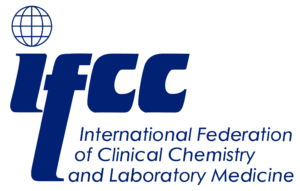Report the final analysis from ASTRIS, the largest real-world study of second-/later-line osimertinib in advanced/metastatic EGFR T790M non-small-cell lung cancer (NSCLC). Patients with advanced/metastatic EGFR T790M NSCLC and prior EGFR-TKI treatment, received once-daily osimertinib 80 mg. Primary end point: overall survival (OS); secondary end points: progression-free survival (PFS), time-to-treatment discontinuation (TTD) and response rate. Safety was also recorded. In 3014 patients, median OS: 22.8 months (21.6-23.8), median PFS: 11.1 months (11.0-12.0), median TTD: 13.5 months (12.6-13.9), and response rate: 57.3% (55.5-59.2). All end points reported with 95% CIs. Numerically longer median OS was observed in patients with baseline WHO performance status <2 versus 2 (24.0 vs 11.1 months) and those without versus with brain/leptomeningeal metastases (25.4 vs 18.0 months). No new safety signals were identified. Second-/later-line osimertinib demonstrated real-world clinical benefit and safety in advanced/metastatic EGFR T790M NSCLC. NCT02474355 (ClinicalTrials.gov).

